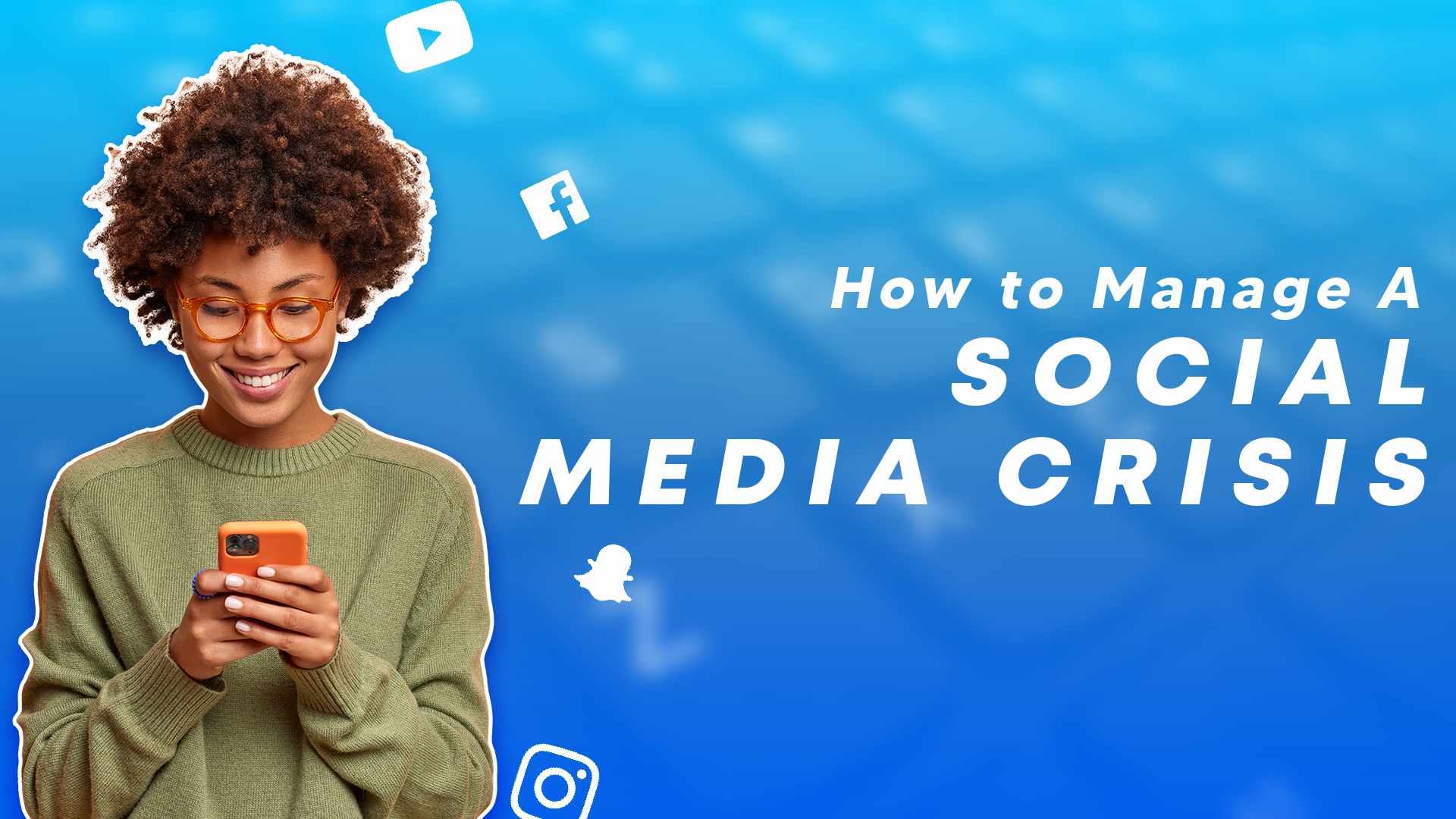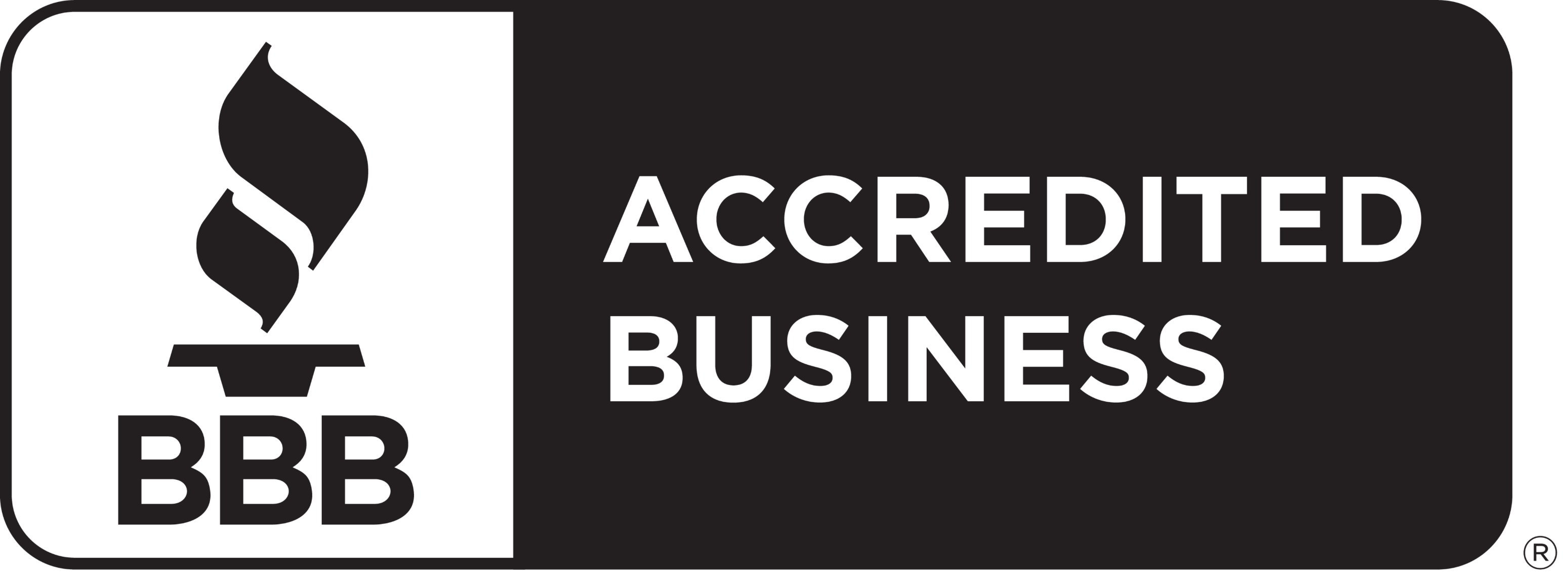Social media provides businesses with an excellent way to promote their brand, by allowing them to update potential customers with news and developments in real time, while opening up lines of communication with customers that didn’t previously exist. If social media channels are managed appropriately and well, they can easily support the growth of the business. In fact, many businesses have thrived as a result of good brand reputation management on social media.
However, there is a dark side to using these online networking sites which can affect you both personally and professionally. Social media crises are commonplace in this day and age, and surviving them is dependent on how the business plans for, mitigates, and manages any issues that may arise.
Below Are Our Top Tips to Guide You Through Any Crisis:
Prepare
As Benjamin Franklin once famously said, “Failure to prepare is preparation to fail.” All too often, businesses aren’t prepared when negative content hits their social media channels, and that can turn into a significant problem. Word travels fast over the internet, and the sooner you can slow the progression of negative or hostile posts and comments, the better your business will fare.
Designing a brand or personal reputation management plan for social media crises in advance will give you peace of mind and enable you to act fast and in a coordinated manner should you ever need to.

Image Credits: Pexels
Create a Social Media Policy
Begin by developing a uniform policy for all employees regarding your business’s rules and expectations relating to social media use, both personal and business-related. It should clearly outline what the business defines as appropriate behavior on social media channels.
You may choose to emphasize the sharing of potentially offensive viewpoints, or negative statements about customers, fellow employees and others, as being against the policy. It could also point to useful information to remind employees of the company’s culture and values as well as guidance on how to respond in case of a social media crisis—and define what is considered a crisis.
For example, you can consider asking employees to use a disclaimer when making statements on social media pages or in blogs, such as, “the views expressed are my own.”
Having a social media policy in place is an important part of your overall brand reputation management, especially for professions that require an efficiently maintained digital image for success, such as reputation management for lawyers and financial advisors. It will give employees a clear understanding of the company’s expectations and prevent miscommunication. It will also allow for swift and effective action during a social media crisis ensuring that your social media accounts are monitored and secured.
We Value Reputation,
Let’s Rebuild Yours.
A Positive Reputation is Priceless. Value and Protect It.
Be Aware
Stopping a social media ‘incident’, such as a negative comment, or series of low rated reviews, or a persistently negative voice appearing across all your channels is difficult. However, there are ways to prevent an incident from escalating into a social media crisis. Having a team in place to monitor all social channels, responding to comments and answering queries is helpful. This team can watch out for red flags or activity that signals a crisis may be developing. They can respond to all queries and comments fairly and positively, and in as timely a manner as possible. Being proactive and responsive on social media is your best defense and can help mitigate any negativity before it transforms into something bigger.

Image Credits: Unsplash
What Causes a Social Media Crisis?
There are several factors that might contribute to any kind of crisis. Examples include problems with products, customer service deficiencies, security breaches, or controversial statements made by leaders of the company. Whether it directly related the issue to your company, an industry wide issue, or simply a misinterpretation, people hardly stop to fact-check on the internet and reactions start to swarm in. What turns a “normal” reputation risk into a social media crisis is when the issue becomes a topic for discussion or debate on social media channels. A social media crisis can be difficult to manage because there are many platforms available and new ones are popping up all the time, so keeping track of and responding to all conversations can be hard. The conversations are also far-reaching. Social media is not confined to geographical borders, so any brand negativity can spread worldwide which can also in turn be the cause of more negative commentary.
What Are the Best Brand Reputation Management Practices?
How you respond to and manage a social crisis could mean the difference between a minor problem and a major catastrophe and whether you are able to save your brand. If you find yourself facing a potential social media crisis, here are our best brand reputation management tips for how to handle the incident:
- First, acknowledge the issue being discussed rather than ignoring it as that negatively affects the credibility of your business. Even if you can’t fix it there and then, at least let your followers know you are aware of concerns and you are investigating, with a view of resolving the issue as soon as possible. Your consumers will appreciate this, and you’ll gain loyal fans once the situation is handled. We all make mistakes, and most people understand this.
- Keep a log of all posts that have been tracked, responded to, or are still awaiting response. With all the different channel interfaces to monitor, the chances of missing certain posts and conversations is high which can cause confusion.
- Maintain a timeline of all the statements and responses used and how they have evolved as more information has come to light.
- Never engage in emotional or defensive conversation. Keep to the facts and remain stoic yet compassionate. Do not get involved in long threads of arguments, as that will just affect your brand negatively.
- Consider creating a page on the company website hosting a “central” Q&A or statement vault, to hold all the latest information in one place. Then, simply link to the page from every social channel.
- Remind employees of your social media policy. Warn them to be vigilant about people approaching them on social media asking probing questions about the business, for potential “inside” information.
- Remember the message you want to convey and stick to it while answering any comment or queries. Get your message out to everyone, including your customers and other media outlets.

Image Credits: Pexels
What to Do After a Social Media Crisis?
Post-crisis, it’s advisable to analyze what happened. Make a note of how the crisis started, how your team responded, and how you were able to resolve the issue. When things have settled and you have restored or rebuilt your reputation, combing through how the situation was handled and reiterating any lessons learned is a good idea.
Document the tactics that worked and those that didn’t, update your brand reputation management plan as needed, and make sure all relevant employees are made aware of the changes. You can also take feedback from your team, review the crisis together, and consider diverse inputs.
How to Grow and Rebuild Your Brand After a Crisis?
After a social media crisis, take some time to focus on re-growing your brand. You may have lost several customers as a result of the crisis, and you may need to build up your brand’s reputation again.
Make sure that while your online brand and message is consistent across all channels, the different social media platforms are used appropriately according to the different audiences on these platforms. For example, the type of content you share on Facebook should be different from your content on Twitter or Instagram.
Ensure your content is of good quality and maintain an open dialogue with your online audiences. Provide useful information and points of interest for them to go back to your site and other platforms.

Image Credits: Pexels
In Summary
Today, the probability of your business encountering a social media crisis is high and you might need a facebook expert witness or social media expert witness depending upon the presence on different social media platforms. However, if you are prepared in advance, and take the right actions swiftly should a crisis occur, you’ll survive it and keep your business reputation intact.
Your brand is one of your biggest assets and should be protected from long term damage and treated carefully. If you are interested in finding out more, or you’d like some tailored advice and support in creating a social media crisis plan, get in touch with our team at Blue Ocean Global Technology.
Battling an Online Crisis?
Our Global Team Will Work Around the Clock to Manage and Successfully Overcome it, so You Don’t Have to.














Comments are closed.